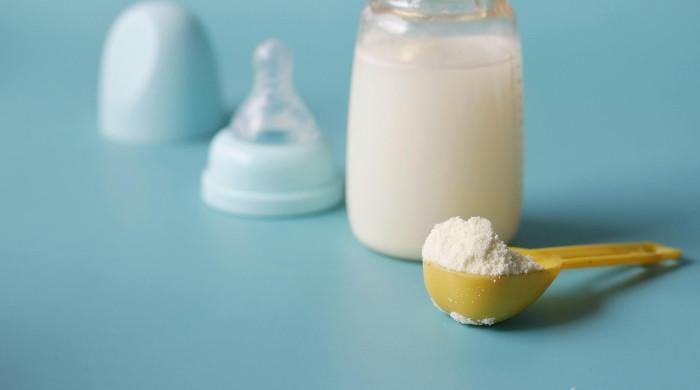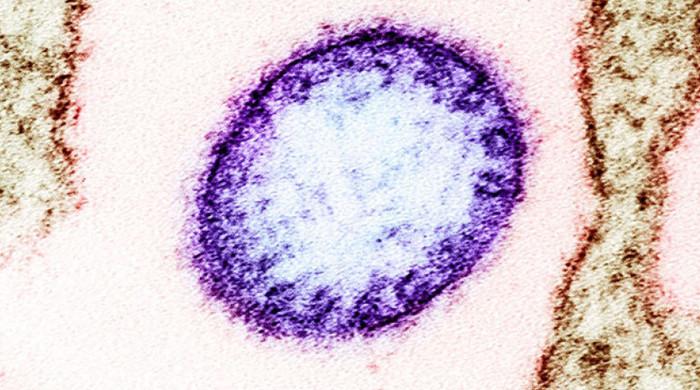A banana a day keeps blood pressure at bay, study reveals
Eating a banana daily can lower risk of heart attacks among women, researchers say
July 22, 2022

European researchers reveal that a potassium-rich diet can protect women against heart attacks and cardiovascular disease.
High potassium foods include salmon, bananas and avocados, which can also reduce the negative effects of salt.
“It is well known that high salt consumption is associated with elevated blood pressure and a raised risk of heart attacks and strokes,” said study author Professor Liffert Vogt of Amsterdam University Medical Centres, the Netherlands, in a media release.
“Health advice has focused on limiting salt intake but this is difficult to achieve when our diets include processed foods. Potassium helps the body excrete more sodium in the urine. In our study, dietary potassium was linked with the greatest health gains in women.”
For the study, 24,963 volunteers from 40 to 70 years of age were recruited in Norfolk, UK, between 1993 and 1997. Participants were surveyed on their lifestyle, researchers measured their blood pressure and collected a urine sample to examine their sodium and potassium intake.
Although the study included both men and women, researchers found that as women’s potassium consumption increased, blood pressure decreased. However, this was shown only in women with a high sodium intake.
“The results suggest that potassium helps preserve heart health, but that women benefit more than men,” Professor Vogt said. “The relationship between potassium and cardiovascular events was the same regardless of salt intake, suggesting that potassium has other ways of protecting the heart on top of increasing sodium excretion.”
In a follow-up almost 20 years later, 55% of participants were in hospital or had died due to cardiovascular disease. Upon analysis, researchers found that people with the highest intake of potassium among the participants had a 13 per cent lower risk of cardiovascular disease compared to those with a lower intake.
“Our findings indicate that a heart-healthy diet goes beyond limiting salt to boosting potassium content, “ said Professor Vogt.
“Food companies can help by swapping standard sodium-based salt for a potassium salt alternative in processed foods. On top of that, we should all prioritise fresh, unprocessed foods since they are both rich in potassium and low in salt.”
The study was published in the journal European Heart Journal.











